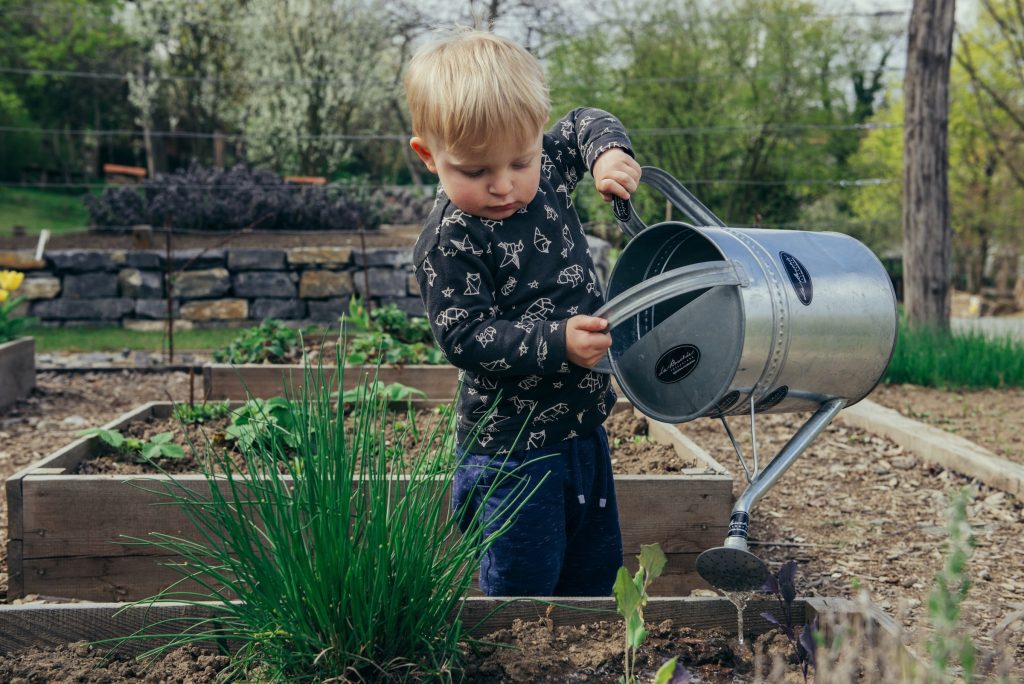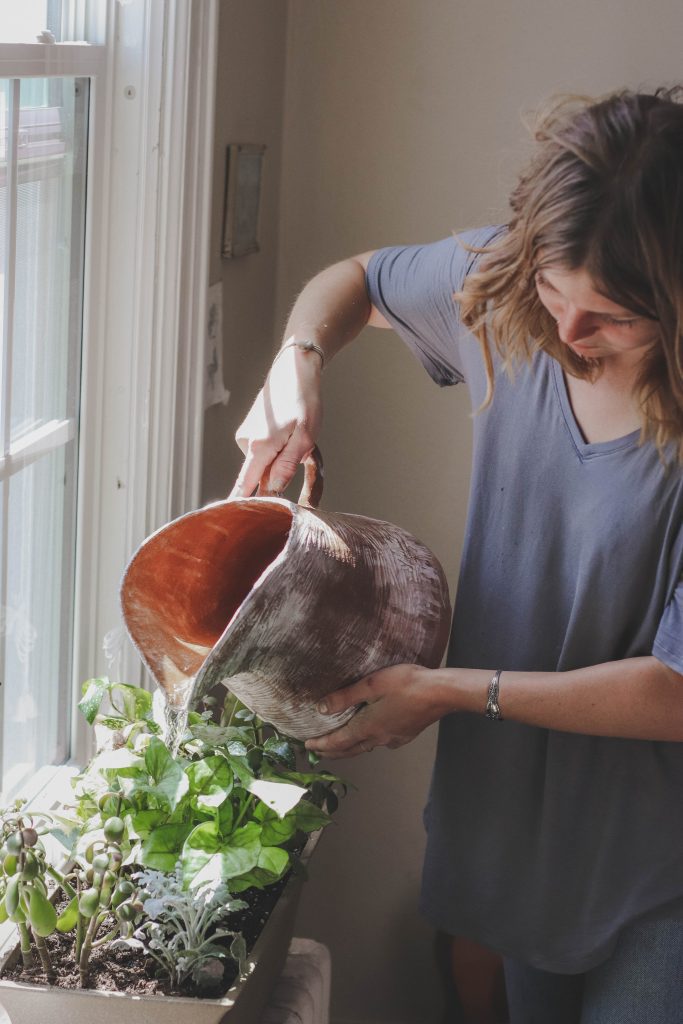Plant Watering: How To Go About It?
At the end of the day, plant watering approaches vary as much as there are plants themselves. Everyone seems to have the right strategy, but what really is the best way to water your plants? Let’s find out.

When the summer months roll by, your plants will need water the most. The trick here is to evenly water the plants with tools like soaker hoses and watering cans, giving them consistency in moisture. During the day, you want to get an overhead device like a rain wand or sprinkler to administer water. This allows the foliage to dry much quicker, thus improving the health of your plants.
As for the evening, you’d be better served watering the roots directly instead of the leaves.
For annual and perennial plants, watering should be done best in the morning. This way, the roots are properly soaked, and your plants have enough moisture to get through the day without any additional stress.w when the summer heat comes, you want to increase the frequency of the watering.
Container plants tend to dry more quickly than garden beds. So, in the summer, watering should be accelerated. Water the plants twice a day during heatwaves, so you can allow the plants to replenish the nutrients lost during the day.
You need to water your vegetable garden at least two to three times a week – and we recommend doing this in the mornings. Note that some options – such as radishes, cauliflower, and celery – will need more watering during heatwaves.

For a healthy root system, trees and shrubs need deep watering. You can water them whenever you’d like – as long as they’re properly soaked. When you see a plant wilting due to a lack of water, you can easily remedy that. However, keep in mind that wilting can also be caused by several other factors – including but not limited to disease and pest issues and even overwatering.
Summer Watering Tips
- Don’t waste water on leaves if they appear to be dry. Focus on the roots.
- A stiff metal rod can help you know how deep water is penetrating soil.
- You can also use a thin mulch layer to help with water conservation in the summer.
- Irrigate your garden with pure rainwater. It allows plants to thrive and cuts your utility bill significantly.
